|
|
|

Conference Invited Lectures (alphabetical)
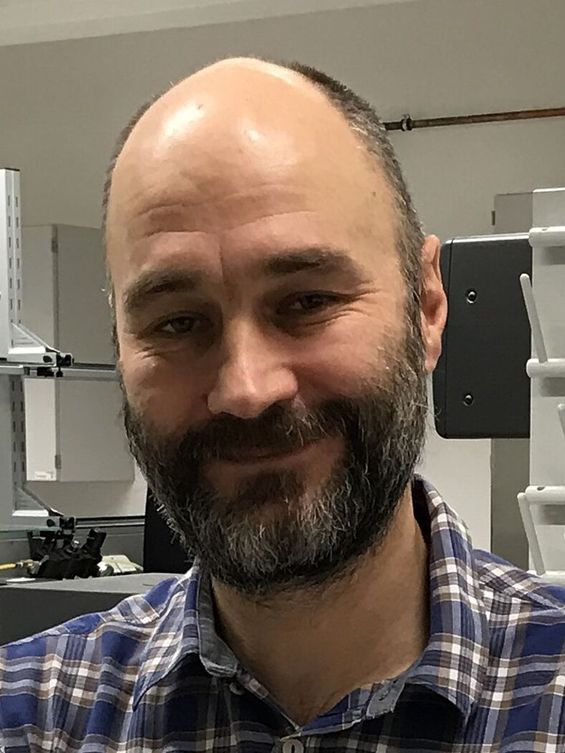 |
Alexander BISMARCK (Vienna U, Wien, Austria)
Conference title: Turning liquids solid: From emulsions to micromixers
Alexander BISMARCK research group, the Polymer & Composite Engineering (PaCE) Group, is a multi-disciplinary team with research interests in the manufacture and characterisation of fibre reinforced high performance (nano) composites, porous materials and hydrogels. The group focuses on the development of renewable materials, biomaterials for applications in tissue engineering, composite super-capacitors and emulsion templating for the synthesis of porous polymers (so called polymerisable High Internal Phase Emulsions (polyHIPEs)). Furthermore, the group is interested in the social dimensions of materials research. He is also affiliated member of The Composite Centre at Imperial College London and visiting professor of the Department of Chemical Engineering.
|
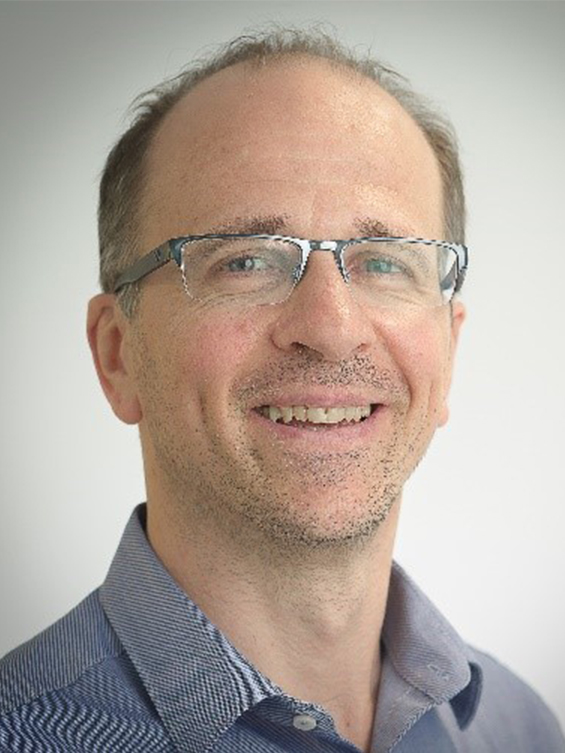 |
Rénato FROIDEVAUX (Lille U, Lille, France)
Conference title: Hybrid catalysis: A powerful synergy between chemical and biological catalysis
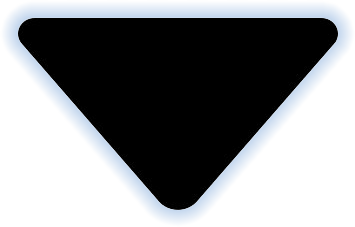

Rénato FROIDEVAUX is full professor of biocatalysis at Lille University in France. He is heading the team « Biotransformation, biocatalysis and enzyme » in the BioEcoAgro Joint Cross-Border Research Unit. His research concerns enzymatic biocatalysis (homogeneous and heterogeneous) applied to hydrolysis of agro-food proteins for obtaining bioactive peptides, enzymatic biocatalysis applied to the valorization of lignin for obtaining biobased aromatics. More recently, he developed the concept of "hybrid catalysis" which consists of combining chemical catalysis and enzymatic biocatalysis for biomass valorization. This interdisciplinary concept involves the search for new enzymes, the search for compatible reaction conditions between (bio)catalysts and the development of different types of reactors (one-pot one step, two-pots one-step) and Multi Catalytic Hybrid Materials (also called MMCH) for heterogeneous (bio)catalysis. Author and co-author of more than 50 articles mostly in JCR, 3 book chapters and 3 patents. Total citations almost 800 (WoS), H Index 16. He is a project leader and participant of more than 15 national and international research projects. He is responsible of an Industrial Chair called « Charles Viollette », financed by the European Metropole of Lille and the University of Lille. This chair brings together academic partners from Lille and Canada (INAF in Quebec) and industrial partners in the development of co-products from the agricultural and agro-food industries by biotechnological tools for the production of bioactive molecules for animal, human nutrition and plant health. He was a lecturer in enzyme biocatalysis from 2004 to 2009 in the Franco-Romanian Master's "Bioprocesses in the Agrifood field" between Al. I. Cuza University of Iasi and Lille University, then director of this master's until 2013. Currently, he works with the Technical University Hheorghe Asachi of Iasi (Dr Alexandra BLAGA) for the implementation of a double master'degree in (bio)chemical engineering.
|
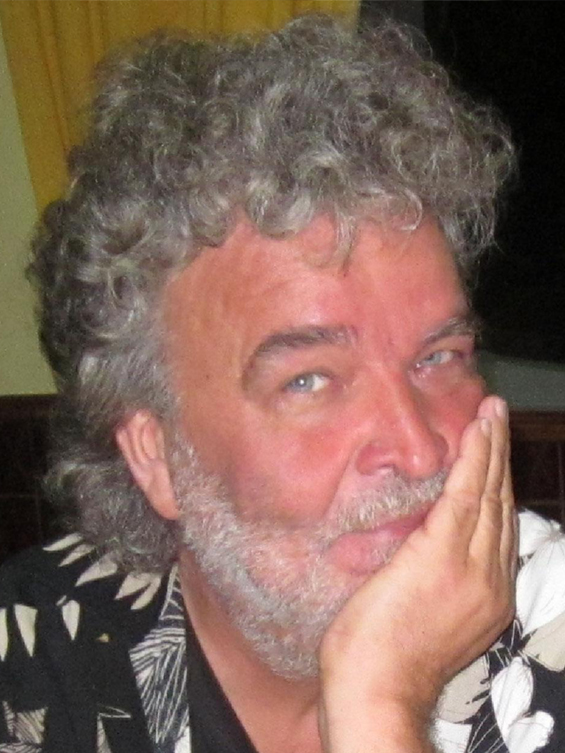
|
Aatto Ilmari LAAKSONEN (Stockholm U, Stockholm, Sweden; ICMPP, Iasi, Romania)
Conference title: In silico studies of nature’s hierarchical creation
• PhD: Theoretical Chemistry, Stockholm University (SU), Arrhenius Laboratory 1981.
• Docent (habilitation): Physical Chemistry SU 1984.
• Post-doctoral fellow: Daresbury Laboratory UK, 1982, IBM Laboratory USA 1983-1985.
• Sen. Lecturer: Physical Chemistry SU 1987-1999.
• Full Professor: Physical Chemistry SU 2000-present.
• Sabbaticals: Dalhousie University (Canada) 1993-94, 1995, JAERI (Japan) 2002, 2005.
• Guest Professor: University of Cagliari (Italy), Nanyang Tech University (Singapore),
Jilin University (China), University of Sao Paulo (Brazil), Nanjing Tech (China),
Luleå University of Technology, Uppsala University Ångström Laboratory,
Stellenbosch Institute of Advanced Study (South Africa).
• ERA Chair: Petru Poni Institute of Macromolecular Chemistry.
• Research interests: In silico modelling in materials science, biopharma and green chemical engineering.
|
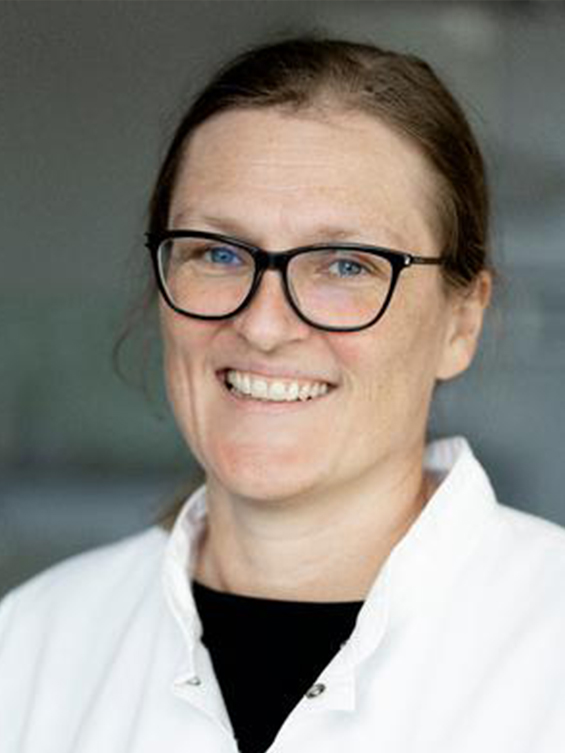
|
Anne LADEGAARD SKOV (DTU, Copenhagen, Denmark)
Conference title: Artificial muscles from bundles of silicone-based dielectric elastomer fibers


Anne LADEGAARD SKOV is a professor of polymer technology at DTU in Denmark and is heading the Danish Polymer Centre. She is a world-leading expert in silicone elastomer synthesis, characterization, and utilization. Her main focus is on making artificial muscles via dielectric elastomers.
She has published more than 160 publications and has been granted 13 patent families. Anne Ladegaard Skov is active in building bridges between research and industry and has taken a sabbatical leave in 2021 to focus on creating the company Glysious. She is furthermore cofounder of another 3 companies that are either spun out or still in the incubator environment.
Anne Ladegaard Skov has received multiple prizes for her work, including the EliteForsk award in 2022, granted by the Danish Ministry of Higher Education and Science, and the Grundfos Prize in 2022, regarded as one of the most prestigious prized in Denmark for technical research.
|
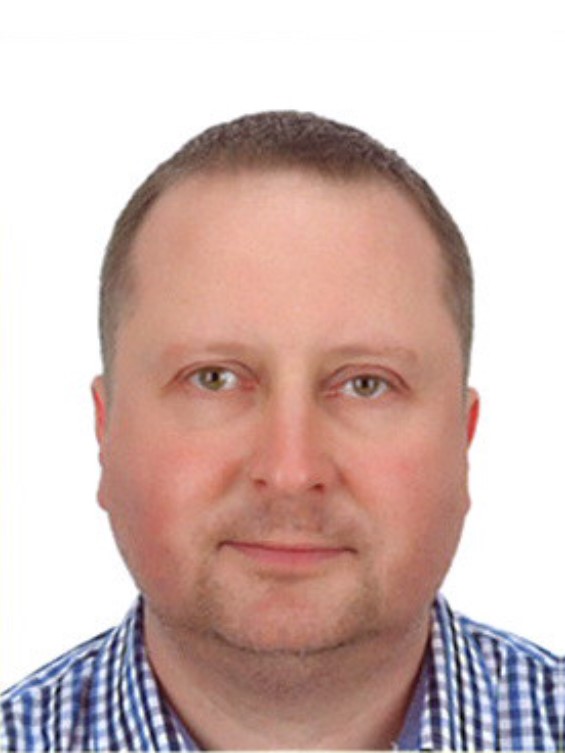 |
Piotr RYCHTER (Jan Dlugosz U, Czestochowa, Poland)
Conference title: Environmental aspects of polymers and polymer wastes


Piotr RYCHTER is researcher and university teacher at Jan Długosz University in Częstochowa, Faculty of Science and Technology, Department of Biochemistry, Biotechnology and Ecotoxicology. Position: associate professor. Research topic focuses on environmental and health aspects of biodegradable and biocompatible polymers including biodegradation, controlled release system of agrochemicals.
Participated in several national and international scientific projects mostly related to environmental and health aspects of biodegradable and biocompatible polymers. Awarded four medals (three gold and one silver) for the inventions at national and international invention shows in Warsaw, Bangkok, Hong Kong. Participant of numerous international and national conferences.
Participant of three research internships: Centre of Polymer and Carbon Materials Polish Academy of Sciences, Zabrze Poland, Institute of Polymers of Slovak and Bulgarian Academy of Sciences.
Several delivered lectures within an Erasmus programme at various Universities in Europe like Cagliari University, University of Perugia, Joseph Fourier University in Grenoble, Centre of Polymer Systems, Thomas Bata University (Zlin - Czech Republic), Polymer Institute of Slovak Academy of Sciences.
Author and co-author of more than 70 articles mostly in JCR. Total citations almost 700 (WoS), H Index 12. From 2021 head of Interdisciplinary Science and Research Centre at Jan Dlugosz University in Czestochowa.
|
 |
Olya STOILOVA (IP-BAS, Sofia, Bulgaria)
Conference title: Advanced electrospun materials: From design to prospective applications


Olya STOILOVA is a professor of macromolecular chemistry at the Institute of Polymers, Bulgarian Academy of Sciences (IP-BAS). Since 2013 until 2021 she was elected as scientific secretary of Nanosciences, new materials and technologies Research division of the Bulgarian Academy of Sciences and was a member of the Governing council of the Academy. Her expertise covers design of hybrid materials based on natural and synthetic polymers (gels, films, nanoparticles, electrospun materials), development of polymeric materials with defined and desirable properties, and controlled structure for a wide range of applications – biomedicine, water purification, environmental protection, agriculture, etc. She is leading researcher in polyelectrolyte complexes, as well fabrication of fibrous polymeric materials by electrospinning, their characterization and possible applications. She has published more than 40 research papers with over of 950 citations, H-index 19. She is a co-author of one chapter in book and one interactive vocational training tools in the field of Food Industry. She is a project leader and participant of more than 25 national and international research projects and is the inventor of 1 utility model and 1 patent. Since 2021, she is heading the Polymeric Biomaterials Department at the IP-BAS, which is focusing on the development of novel biocompatible and biodegradable polymeric materials, polymer-inorganic hybrid nanoparticles and nanocomposites, and design of biomaterials for tailored applications.
|
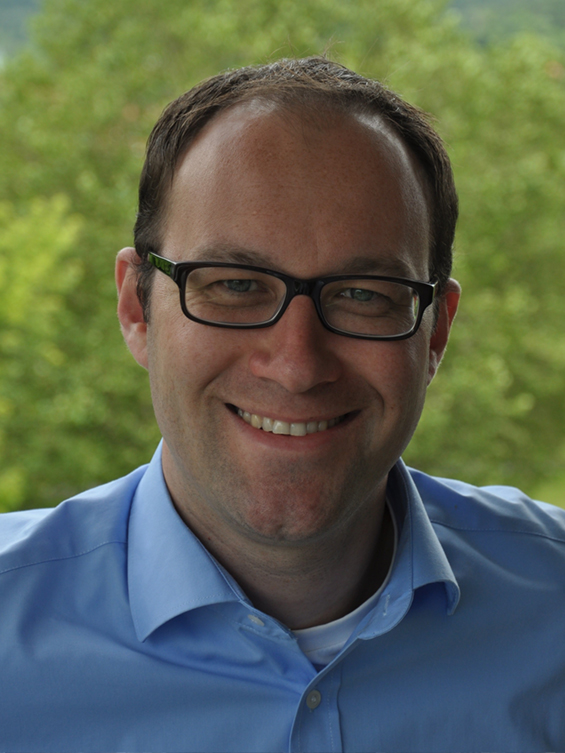 |
Daniel B. WERZ (Albert-Ludwigs-Universität Freiburg, Institute of Organic Chemistry, Freiburg, Germany)
Conference title: Fluorescent dyes by rational design and serendipitous discoveries


Daniel B. WERZ received a BS in chemistry at Heidelberg University, Germany, in 1997, a diploma in 2000, and a Ph.D. in organic chemistry from Heidelberg University in 2003 with Rolf Gleiter. Following his doctoral studies, he was a Postdoctoral Fellow with Peter H. Seeberger at ETH Zurich, Switzerland. In December 2006 he joined Göttingen University as an Assistant Professor. In 2013 he took the position of an Associate Professor at the University of Braunschweig, in 2018 he was promoted at the same university to Full Professor. In 2022 he moved to the University of Freiburg. His main research interests include the development of novel efficient methods for the synthesis of hetero- and carbocyclic compounds (e.g. by cyclopropane chemistry, casacade reactions and Pd catalysis). In addition, he is interested in carbohydrates, glycolipids and fluorescent dyes.
His awards include inter alia an Emmy Noether Fellowship of the German Research Foundation, a Heisenberg Fellowship, the “Dozentenstipendium” of the Fund of Chemical Industry, the ORCHEM Award, a JSPS Visiting Professorship in Japan, and an ERC Consolidator Grant. Since 2017 he has been Distinguished Visiting Professor at the IIT Bombay, in 2018 he has become Visiting Scholar at Tel Aviv University in Israel.
|
|

